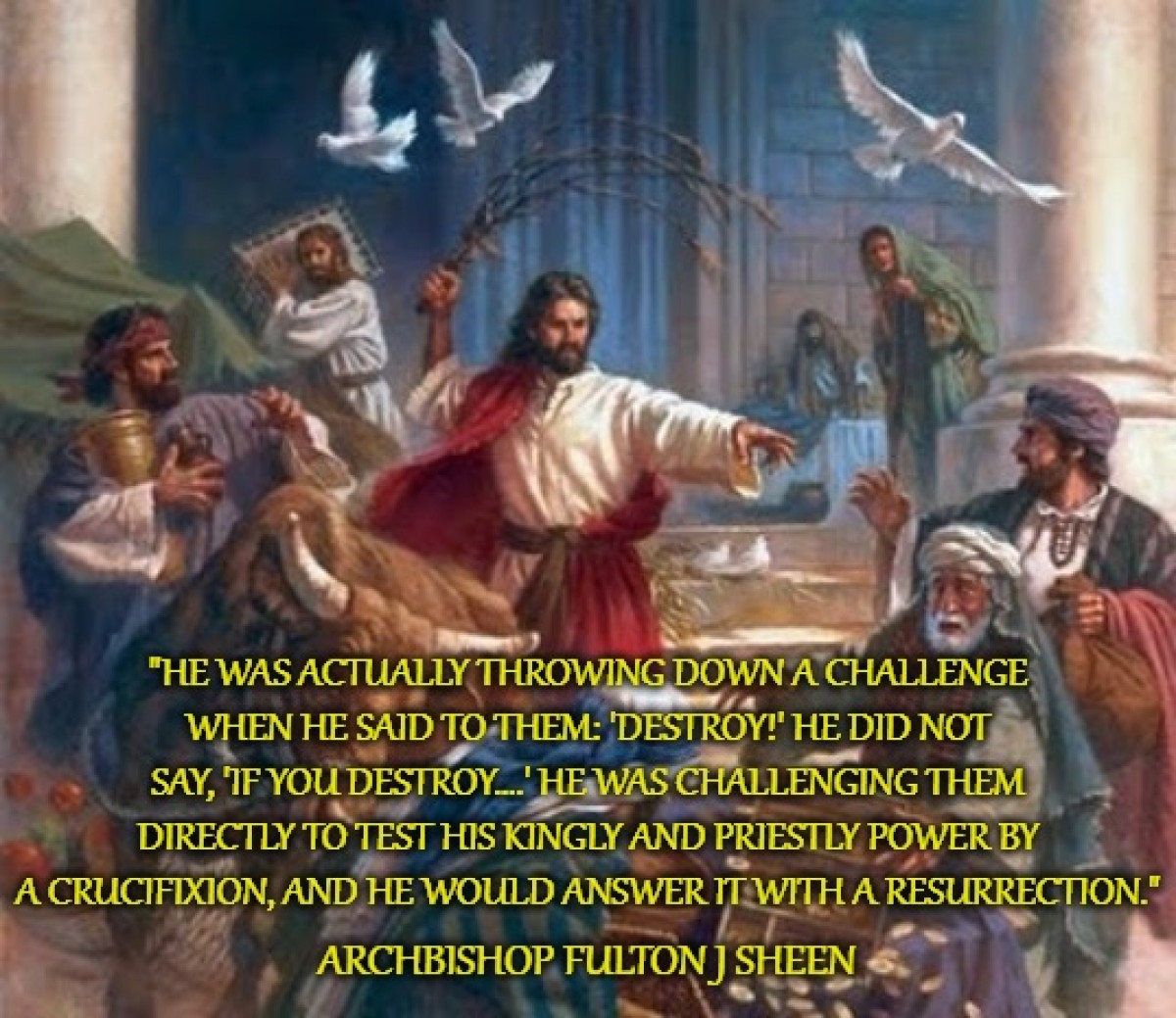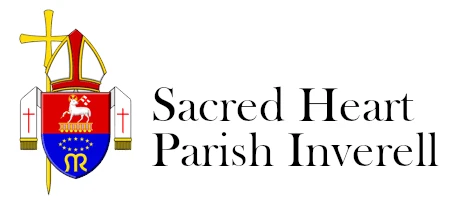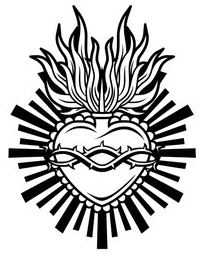3rd Sunday of Lent (Year B) 3 March
3rd March 2024

“He who is not angry when there is just cause for anger is immoral. Why? Because anger looks to the good of justice. And if you can live amid injustice without anger, you are immoral as well as unjust.” - St Thomas Aquinas
A reflection on today's Gospel reading by the Venerable Archbishop Fulton J Sheen:
"A temple is a place where God dwells. Where then was the true temple of God? Was the great temple in Jerusalem with all its physical grandeur the true temple? The answer to this question must have seemed obvious to the Jews; but Our Lord was just about to suggest that there was another temple. Pilgrims were going up to Jerusalem for the Passover feast, and among them was Our Lord and His first disciples, after a brief stay in Capharnaum.
"It was naturally a problem for anyone who came to offer sacrifice to get hold of the materials of sacrifice; then too, the sacrificial victims had to be tested and judged according to Levitical standards. Accordingly, there was a flourishing trade in sacrificial animals of all degrees. Gradually, the sellers of sheep and doves had been pushing themselves closer and closer to the temple, choking the avenues that led to it, until some of them, particularly the sons of Annas, actually gained entrance to Solomon’s porch, where they sold their doves and cattle and changed money. Every visitor to the feasts was obliged to pay half a shekel to help defray the expenses of the temple; since no foreign money was accepted, the sons of Annas, so Josephus tells us, trafficked in the exchange of coins, presumably at highly profitable rates. All kinds of currency from Tyre, Syria, Egypt, Greece, and Rome circulated around the temple, thus leading to a thriving black market among the money-changers.
"Our Blessed Lord, finding Himself in this incongruous scene, where prayers were mingled with the blasphemous bidding of the merchants, and where the clinking of money chimed in with the braying of cattle, was filled with zeal for His Father’s house. Out of some cords lying around, which were probably used as leashes around the necks of the cattle, He made a small scourge. With this, He proceeded to drive out the cattle and the profiteers. The unpopularity of the exploiters and their fear of public scandal probably prevented them from putting up any real resistance to the Saviour. A wild scene ensued with the cattle rushing hither and thither, and the money-changers grabbing what coins they could as the Saviour upset their tables.
"Even those most friendly to Him must have wondered as they saw Him, with uplifted scourge and flaming eyes, driving forth men and beasts as He said: ‘My house shall be known among all nations for a house of prayer. Whereas you have made it into a den of thieves.’ (Mark 11:17)
"The part of the temple out of which Our Lord drove the traders was known as the Porch of Solomon, the eastern side of the Court of the Gentiles. This section should have served as a symbol showing that all the nations of the world were welcome; but the traders were defiling it. He was now making it clear that the temple was meant for all nations, not for Jerusalem alone; it was a house of prayer for the Magi, as well as for the shepherds, for the foreign missions as well as for the home missions.
"He called the temple 'My Father’s house,' affirming at the same moment His own filial relationship to the Heavenly Father. Those who were driven out of the temple did not lay hands on Him, nor did they reprove Him as if He had done something wrong. They merely asked for a sign or a warrant which would justify His actions. As He stood in lonely dignity, among the scattered coins and scurrying cattle with the pigeons flying this way and that, they asked Him: What sign can You show us as Your warrant for doing this?
"They were bewildered by His capacity for righteous indignation (which was the other side of the joy-bringing character manifested at Cana), and they demanded a sign. He had already given them a sign that He was God, for He told them that they had profaned His Father’s house. To ask for another sign was like asking for a light to see a light. But He gave them a second sign: Destroy this temple, and in three days I will raise it up again.
"He was actually throwing down a challenge when He said to them: 'Destroy!' He did not say, 'If you destroy….' He was challenging them directly to test His kingly and priestly power by a Crucifixion, and He would answer it with a Resurrection.
"It is important to note that in the original Greek of the Gospel, Our Lord did not use the word hieron, which was the usual Greek name for the temple, but rather naos, which meant the Holy of Holies of the temple. He was saying in effect, 'The temple is the place where God dwells. You have profaned the old temple; but there is now another Temple. Destroy this new Temple, by crucifying Me, and in three days I shall raise it up. Though you will destroy My Body, which is the house of My Father, by My Resurrection I shall put all nations in possession of the new Temple.' It is very likely that Our Blessed Lord pointed to His own Body when He spoke in this way. Temples can be constructed of flesh and bone as well as of stone and wood. Christ’s Body was a Temple, because the fullness of God was dwelling in Him corporally.
"This was how He answered their request for a sign. The sign was to be His death and His Resurrection. His authority would not be proved by His death alone; it would be proved by His death and His Resurrection. The death would be brought about both by the evil heart of man and by His own willingness; the Resurrection by the almighty power of God alone."
(Life of Christ)
Prayer to the Holy Spirit
Breathe into me, Spirit of God, that I may think what is holy. Drive me, Spirit of God, that I may do what is holy. Draw me, Spirit of God, that I may love what is holy. Strengthen me, Spirit of God, that I may preserve what is holy. Guide me, Spirit of God, that I may never lose what is holy. Amen. 




